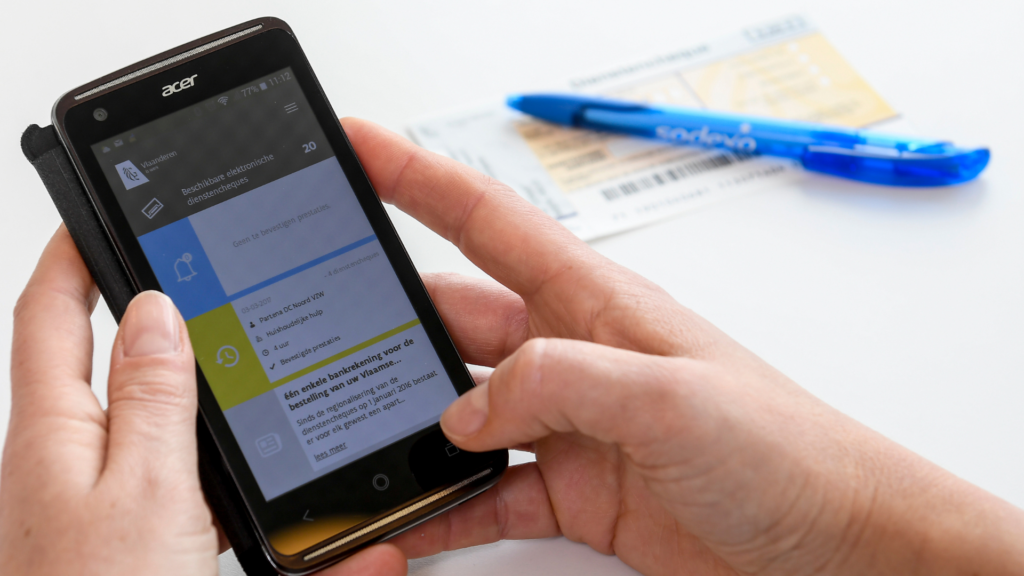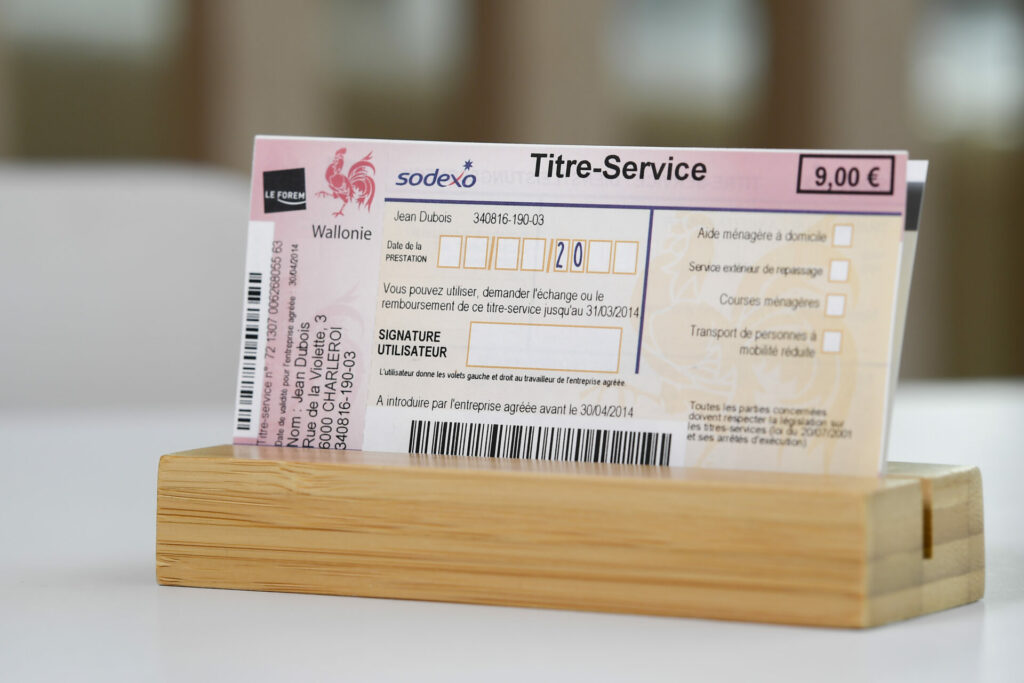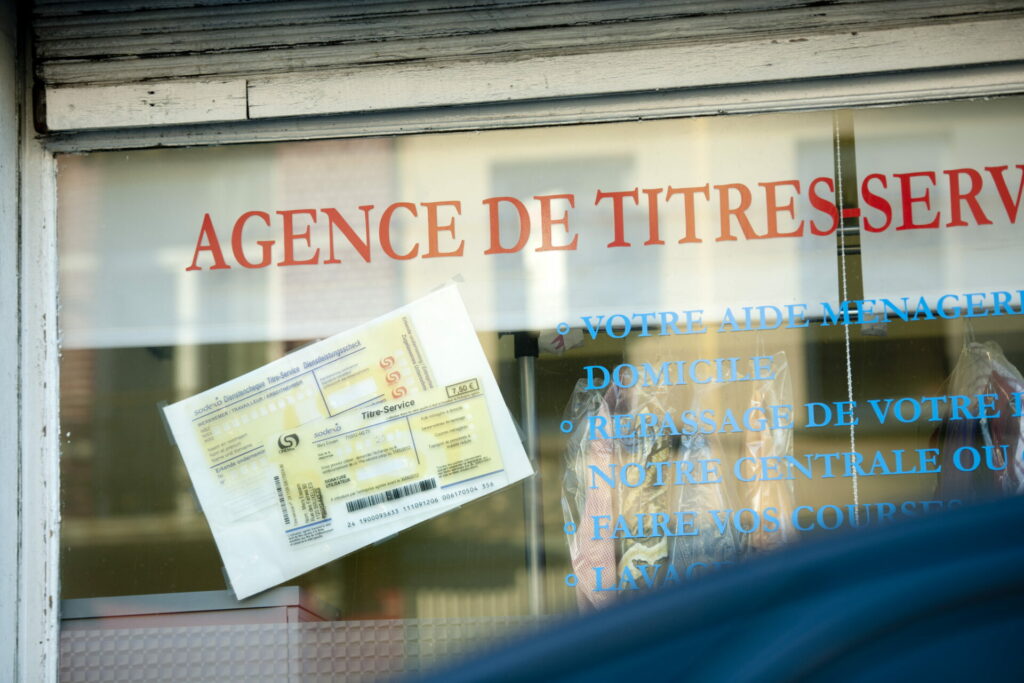Domestic tasks are often a chore preferably left for someone else, and indeed, those lucky enough to have the means often seek cleaning and other help with the house.
In Belgium, these services can only be legally paid through the use of titres-services, also called "service vouchers" in English.
For those new to the country, the concept of service vouchers and how to get them might seem a touch confusing. If you’re looking for some help around the house but don’t know where to start, this guide is for you.
What are service vouchers and how much do they cost?
Service vouchers are officially "a payment method, pre-financed by public authorities, to purchase personal household services."
In other words, they are the only legal way to pay for home services, which can include cleaning, ironing, meal preparation, shopping and/or transportation.
Service vouchers are subsidised by the government: recipients get more than the amount consumers pay for the vouchers. As of 2023, house workers in Brussels receive at least €13.10/hour, depending on their experience.
One service voucher is equivalent to one hour of work, and the cost of service vouchers varies depending on whether you live in Brussels, Flanders or Wallonia. In Brussels, individuals can purchase 500 service vouchers a year: the first 300 for €10 each and the subsequent 200 for €12 each.

Titres-services. Credit: Belga/Dirk Waem
These prices were implemented at the start of 2023. Previously, service vouchers cost €9 for the first 300 and €10 for the last 200. Families can purchase service vouchers on behalf of the entire household, which gives them access to 1000 service vouchers a year: €10 for the first 600 and €12 for the last 400.
In both Flanders and Wallonia, individuals can buy 500 service vouchers a year at €9 for the first 400 and €10 for the last 100. Heads of families can access a total of 1000 service vouchers a year at €9 for the first 800 and €10 for the last 200.
In Brussels a minimum of 10 service vouchers must be bought (for €100) at a time; likewise in Flanders (10 for 90€); in Wallonia this is true for printed vouchers (10 for €90) but electronic vouchers can be purchased individually (9€).
Where to get service vouchers
Purchasing service vouchers requires registration online, with different sites for Brussels, Flanders or Wallonia. The quickest way to sign up is by using an eID (electronic ID), though you can also print the form to fill out manually and then send it, or send a copy by email.
Sodexo is the national company that manages the registration and ticket vouchers. From December 2023 it will rebrand itself as Pluxee. Once your registration has been validated you will receive a number through which you can purchase service vouchers (which can be given in either paper or electronic form), pay for household services and keep track of them.
Some individuals, such as the handicapped, elderly and single-parent households, are eligible for reductions on service vouchers.

A service voucher from Wallonia, March 2017. Credit: Belga / Dirk Waem
Everyone is entitled to deduct a certain number of vouchers for tax. In Brussels, you can apply a 15% tax reduction on the first 163 service vouchers purchased, bringing the cost of those service vouchers down to €8.50 each. In Wallonia, the tax deduction is worth €00.90 for the first 150 service vouchers, bringing their cost down to €8.10. In Flanders the reduction is €1.80 for the first 191 service vouchers, giving a net cost of €7.20.
Lastly, the government of Wallonia has announced that the cost of their service vouchers will increase from 2024. Starting in January, the first 175 service vouchers will cost €10 each, the following 225 will cost €11 each and any more will cost €12 each.
What's the reasoning behind service vouchers?
Service vouchers were brought into the Belgian health and social work sector in an effort to cut back on undeclared work in the hopes of creating better social protection and living conditions for low-skilled workers. At the time, authorities had noticed the prevalence of undeclared work in private households, which was blamed largely on the administrative complexity of declaring household workers.
Service vouchers were launched as a solution in 2004 to encourage households to declare such services and also reduce rising unemployment. Managing the cheques was delegated to regional authorities in 2014, hence why the system varies in Brussels, Flanders and Wallonia.

